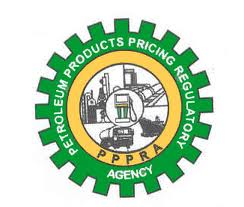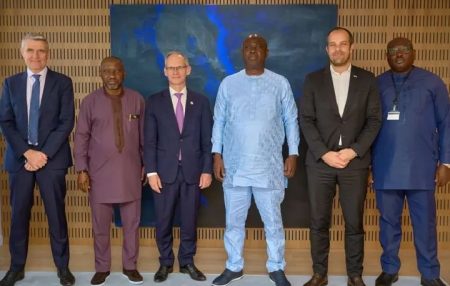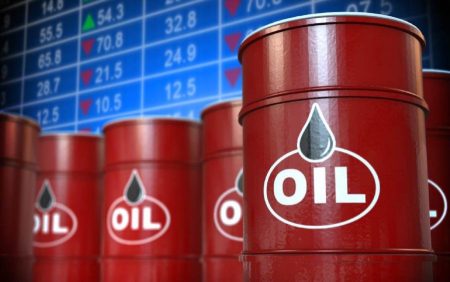31 January 2012, Sweetcrude, ABUJA – The management of Nigeria’s Petroleum Products Pricing Regulatory Agency (PPPRA) said it has put in place strategies to check sharp practices by petroleum marketers who plan to reap from the recent crisis over fuel subsidy that engulfed the downstream sector of the nation’s petroleum industry.
There are indications that some of the marketers planned to submit their subsidy claims of the past few months, even when it was clear they had “switched” over immediately to the new rates of N141 per litre over previous (fourth quarter) stock.
According to a source at the PPPRA, “Any effort by marketers to subvert the process and make undue profit will be readily thwarted by the agency.”
He observed that the agency has instituted a rigorous inspection mechanism that would ensure that sharp practices by importers and marketers are eliminated, adding that it was unthinkable for marketers to claim subsidy over products for which they had dispensed at the unsubsidised market price.
He said, “Before now, payment of subsidy was based on products discharged, and not necessarily on truck-out. But with the new regime of inspections, we now know what products they have in their vessels and can track these products whether they do ship to ship, or any other means. They know we are watching and it will not be easy for any marketer to double-dip.
“It is common sense that nobody should expect to reap where he has not sown. Marketers cannot claim subsidy for products they sold at prevailing prices during the two weeks of subsidy removal.
“It is scandalous that after many years, the country was not able to accurately determine the quantity of products that is brought into the country, as well as the level of consumption. With the new inspection regime started in December 2011, the agency is now able to determine these things and to demand accountability from importers and marketers alike.”
At a recent meeting with petroleum marketers to discuss operational guidelines for the fourth quarter 2011 allocation, the Executive Secretary of the PPPRA, Mr. Reginald Stanley, stressed the resolve of the new management to create greater efficiency in the process of products importation, distribution and subsidy management.
Stanley said that new and rigorous systems, including triple-inspection mechanism, aimed at creating more transparency in the downstream sector would be put in place to guarantee that unscrupulous marketers do not make excess profits at the expense of the economy.
He said: “As a major stakeholder at the forefront of ensuring uninterrupted supply and distribution, government and the general public shall be expecting from us pragmatic solutions to the perennial scarcity, especially during this festive period when consumption of petroleum products is expected to increase astronomically.”
Stanley noted that reported cases of queues and sharp practices at some filling stations across the country were largely because of hitches, which arose in the aftermath of the subsidy removal that engulfed the country in the New Year.
“This trend can only be curtailed if all of us show sufficient commitment to government’s effort to make the downstream sector more efficient and sustainable,” he added.
The PPPRA boss further noted that the Agency has put in place stringent operational guidelines to ensure efficient Q4 allocation, adding that oil marketers granted permits in Q3, but who have not fulfilled their obligations before the end of the year would face stiff sanctions.
He said the new management expected that vigilance and rigour will become the norm given the ongoing reform in the industry.




